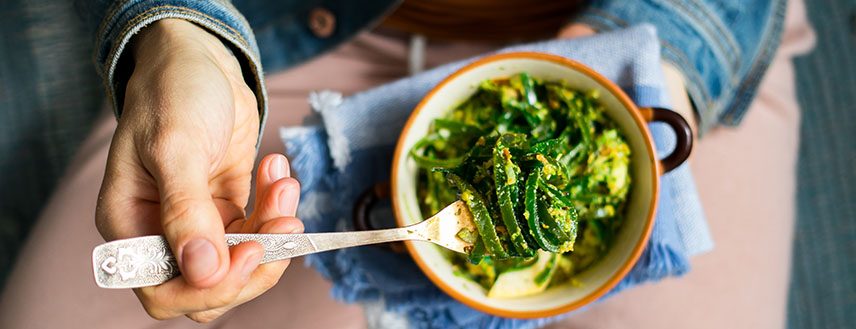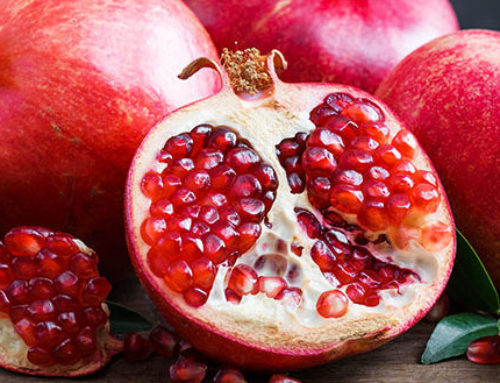
Several studies over the last few years have suggested that seaweed has significant heart health benefits and we should be doing more to include sea vegetables in our diets.
Cardiovascular disease is the leading cause of death in the United States. According to the Centers for Disease Control and Prevention, cardiovascular disease results in 611,105 deaths each year. Types of heart diseases include angina, high blood pressure, heart attack, and atherosclerosis.
It is widely believed that your risk of heart disease can be significantly affected by lifestyle choices. You can reduce your risk by exercising, managing diabetes, stress, blood pressure, and quitting smoking. It’s also important to eat a healthy diet high in fiber, omega-3 essential fatty acids and antioxidants.
Seaweed covers a wide range of marine macroalgae, which can be classified into three groups: brown algae (Phaeophyceae), green algae (Chlorophyta) and red algae (Rhodophyta). Many seaweed species have a variety of health benefits. They contain, among other things, beneficial proteins, antioxidants, minerals, trace elements, dietary fiber and polyunsaturated fatty acids.
Seaweed is a rich source of proteins known as bioactive peptides (also found in milk). These chemicals have a similar effect to ACE inhibitor drugs, which are prescribed to help lower blood pressure and prevent heart attacks and strokes. Seaweed has been a staple of Asian cultures for centuries.
According to a research review (over 100 studies), published in the American Chemical Society’s Journal of Agricultural and Food Chemistry, scientists called for “more effort to exploit the bioactive compounds and their potential for use and delivery to consumers in food products.” Meaning – we need to make seaweed more readily available and use it to our full advantage.
In a recent study published in the journal Phycologia, researchers suggest that adding seaweed to processed foods, such as dried pasta, hot dogs, and frozen pizzas, may help reduce cardiovascular disease. The authors call on the manufacturers of such foods to fulfill a responsibility for the health of their consumers.
You’re probably not going to run out and buy a bulk bag of seaweed to have with dinner. But, if you’re looking to lead a more heart healthy lifestyle, consider adding seaweed to your diet in ways it would naturally fit in – with sushi, tofu, miso soup, salads, vegetable stews and stir-fries, and plates of greens.




